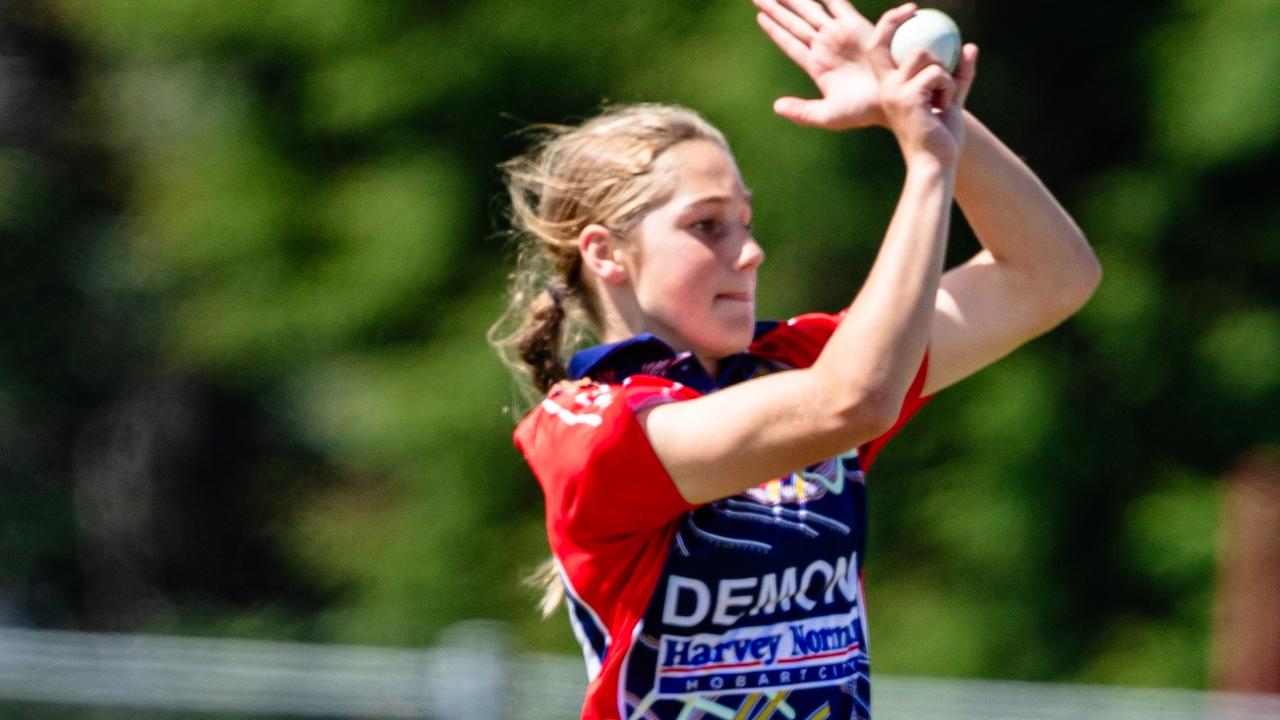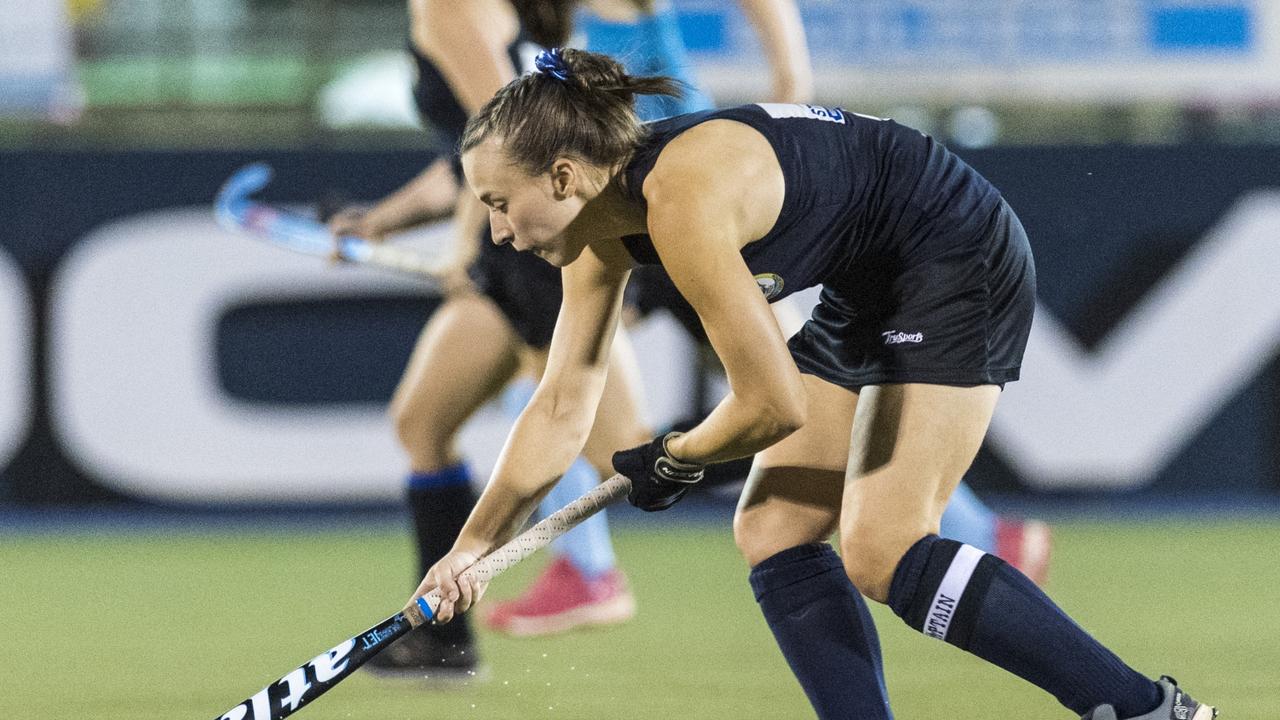Tasmanian Institute of Sport helping state’s top athletes re-set for Tokyo
How the Tasmanian Institute of Sport is helping our Olympic hopefuls re-set for the postponed Games and how the athletes can book their ticket to Tokyo.
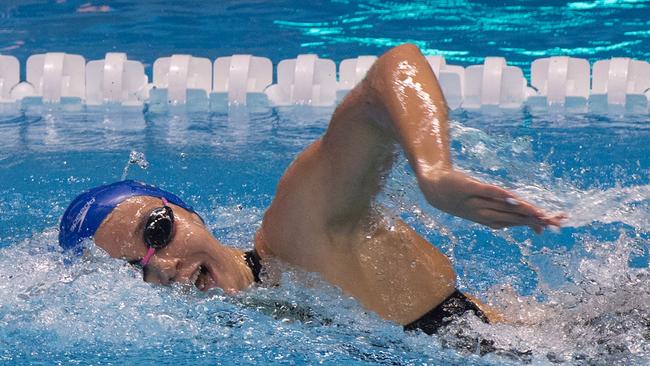
Local sport
Don't miss out on the headlines from Local sport. Followed categories will be added to My News.
TASMANIA’S Olympic hopefuls will need to cash in on a rush of international events later this year and early next to qualify for the Tokyo Games in 2021, says Tasmanian Institute of Sport chief Paul Austen.
The exception are cyclists Amy Cure and Georgia Baker and kayaker Daniel Watkins.
They have already qualified and been named in teams submitted to the Australian Olympic Committee, locking them in for the Tokyo Games.
The postponement of the 2020 Games to July 23 next year has thrown preparations into chaos for athletes around the world, with competitors needing events to qualify for Japan.
Austen said the TIS was doing everything in its power to help our home-grown heroes reconfigure their preparation for the Games.
“At the moment it’s about helping our athletes stay connected and the biggest priority is for them to stay healthy and safe,” Austen said.
“Many of those who were at national training centres have come back to the state.
“It’s now about creating an environment through the use of technology so they stay connected to the institute, other athletes, and to their sport, as well as giving them support around managing their well-being as they adjust to the hiatus of no sport.”
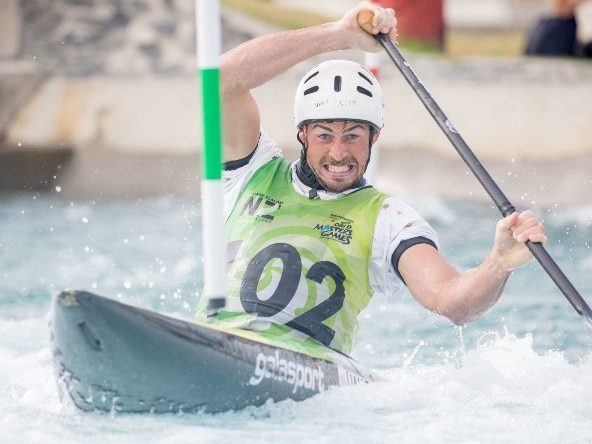
Athletes will train and maintain a competitive fitness base while they wait for news of competitions restarting.
“There is a lot of information needed around when events are going to be fitted into the calendar,” Austen said.
“It’s quite a complex piece of work for all sports to find spaces to hold their events and for all athletes who have not been named in the Australian Olympic team and have still got their qualification process to go through.
“They need to be patient while that gets worked out.”
Distance maestro Stewart McSweyn posted two Olympic qualifying times but Athletics Australia had not named a team to the AOC, meaning the “Mayor of King Island” must maintain the rage all the way to next July.
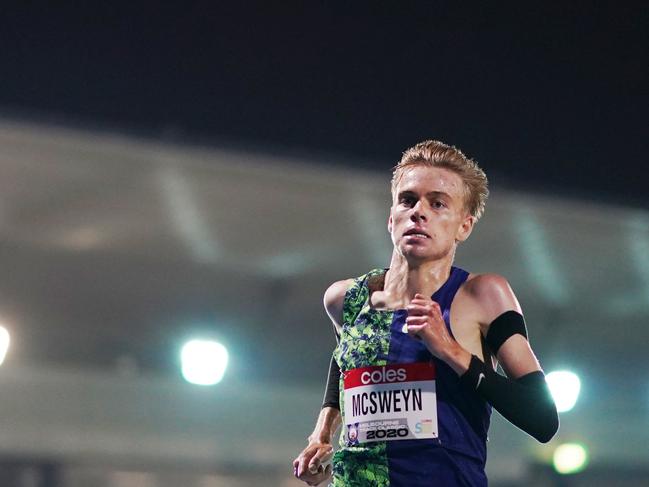
“Under normal circumstances, he would be automatically be nominated to the AOC to be a member of the team,” Austen said.
“That should not change, but the variable is another athlete might pop up and post a faster qualifying time, although that is highly-improbably in his case.
“Under the AOC’s ruling that all athletes that they named in the team will go, we’ve got three athletes in that category.
“But there are other athletes who have qualified but because there wasn’t time for their sport to submit their athletes to the AOC for endorsement, they are not members of the team.
“So the qualification process is a little grey for athletes in sports that still have to work through who are going to get the spots.”
Rowers Sarah Hawe and Ciona Wilson are training in boats — the women’s four and eight respectively — that had qualified for the Olympic Games but Rowing Australia is yet to reveal which athletes will take those seats.
“For most sports they will want the opportunity to pick the athletes in the best form as close to the Olympics as possible,” Austen said.
Tasmanian Rio Olympic Games marathon runner Milly Clark has the fourth-fastest Tokyo qualifying time with only three spots available for the women’s marathon.
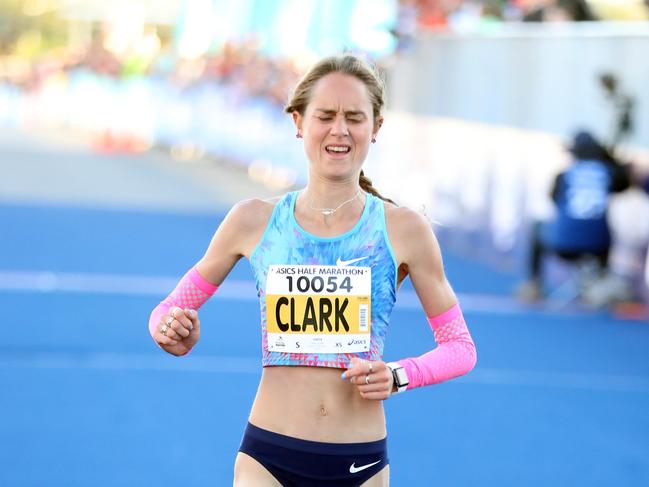
Clark had hoped to grab her spot in the fastest three at either the New York marathon or the Amsterdam marathon, but both were cancelled.
Superfish Ariarne Titmus is a certainty for Tokyo but unnamed.
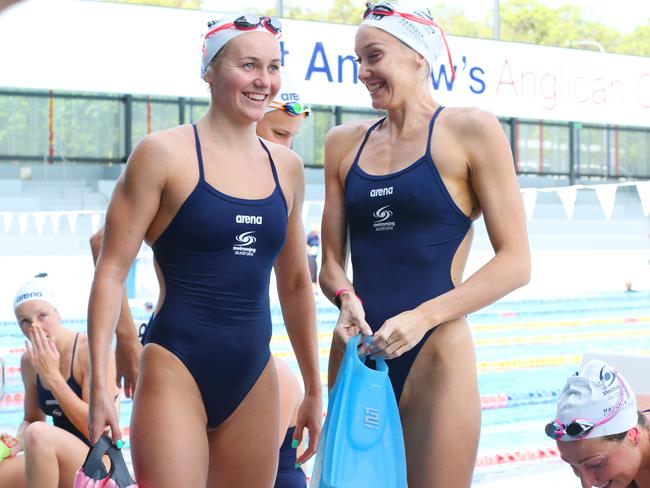
Other Tasmanians hoping to grab an Olympics spot include Kaity Fassina (weightlifting), Hamish Peacock (javelin), Jake Birtwhistle (triathlon), Macey Stewart (cycling), Georgia Nesbitt (rowing), Eddie Ockenden (hockey), Jack Hale (athletics) and Grace Cochrane (skateboarding), while our Paralympic hopes are sprinters Deon Kenzie and Sam Walker, shot-putter Todd Hodgetts and swimmer Jacob Templeton.

